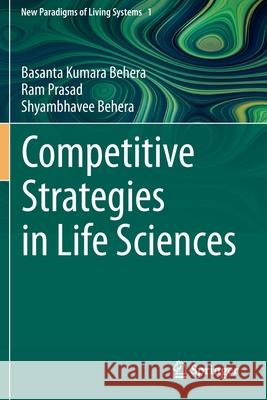Competitive Strategies in Life Sciences » książka
topmenu
Competitive Strategies in Life Sciences
ISBN-13: 9789811575921 / Angielski / Miękka / 2021 / 208 str.
Competitive Strategies in Life Sciences
ISBN-13: 9789811575921 / Angielski / Miękka / 2021 / 208 str.
cena 603,81
(netto: 575,06 VAT: 5%)
Najniższa cena z 30 dni: 578,30
(netto: 575,06 VAT: 5%)
Najniższa cena z 30 dni: 578,30
Termin realizacji zamówienia:
ok. 16-18 dni roboczych.
ok. 16-18 dni roboczych.
Darmowa dostawa!
Kategorie BISAC:
Wydawca:
Springer
Język:
Angielski
ISBN-13:
9789811575921
Rok wydania:
2021
Ilość stron:
208
Waga:
0.30 kg
Wymiary:
23.39 x 15.6 x 1.12
Oprawa:
Miękka
Wolumenów:
01
Dodatkowe informacje:
Wydanie ilustrowane











